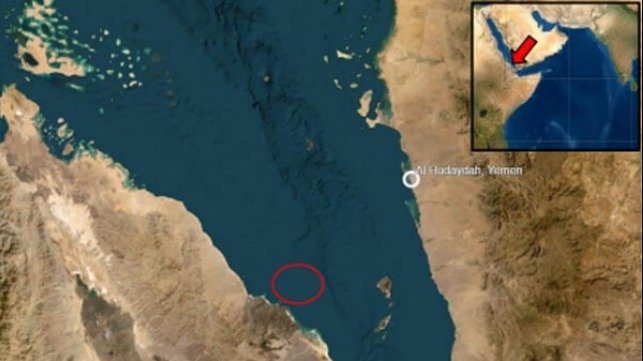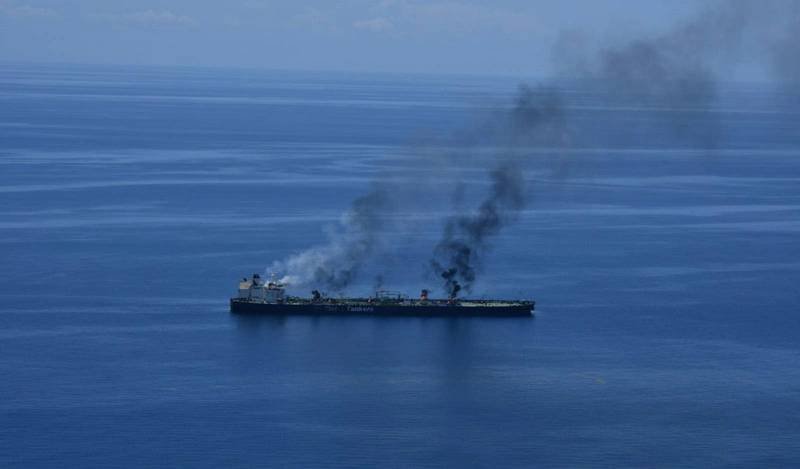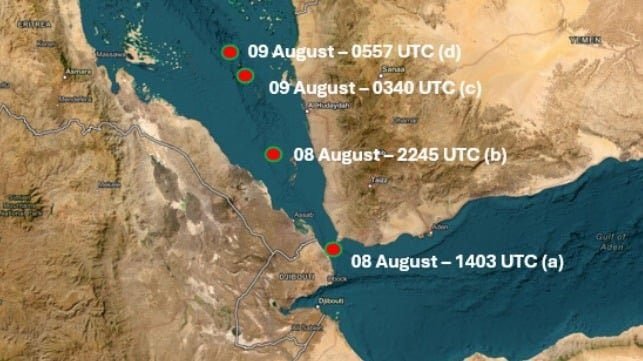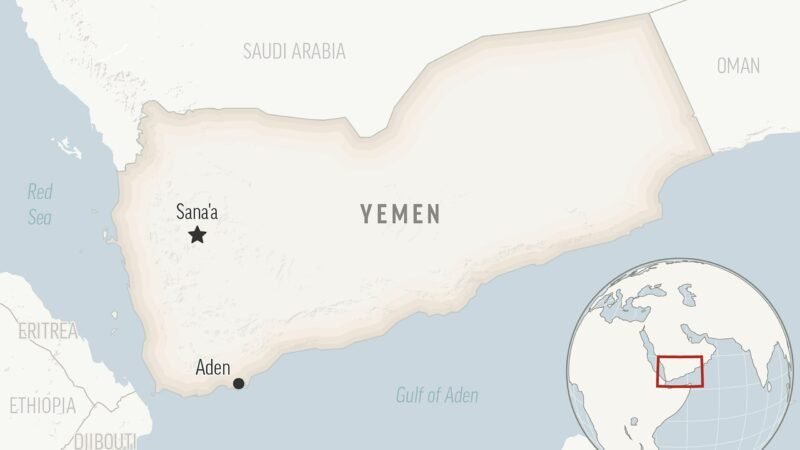Radio frequency (RF) cyber-attacks are becoming a key tactic for Houthi rebels, disrupting maritime trade along Yemen’s Red Sea coast. These attacks jam signals and spoof GPS locations, significantly impairing navigational accuracy, according to maritime connectivity expert Marlink. Vessels have been reported traveling at impossible speeds or appearing on land, often in patterns that suggest attempts to evade armed groups.
These RF attacks not only hinder navigation but also jeopardize the Global Maritime Distress and Safety System (GMDSS), which is crucial for sending distress signals. Marlink has noted a dramatic rise in support requests this year, with over 150 reports from vessels in a single day by mid-July, compared to just one every two weeks last year. The weak nature of satellite signals makes them susceptible to interception, complicating matters further.
Modern positioning systems, including GPS and alternatives like Beidou and Galileo, can help vessels cross-check data. However, shutting down systems in response to an attack may not be effective, as spoofed signals can mislead navigators. Marlink is working on solutions to analyze incoming signals to help users determine their authenticity, enhancing maritime safety amidst increasing RF interference.


















